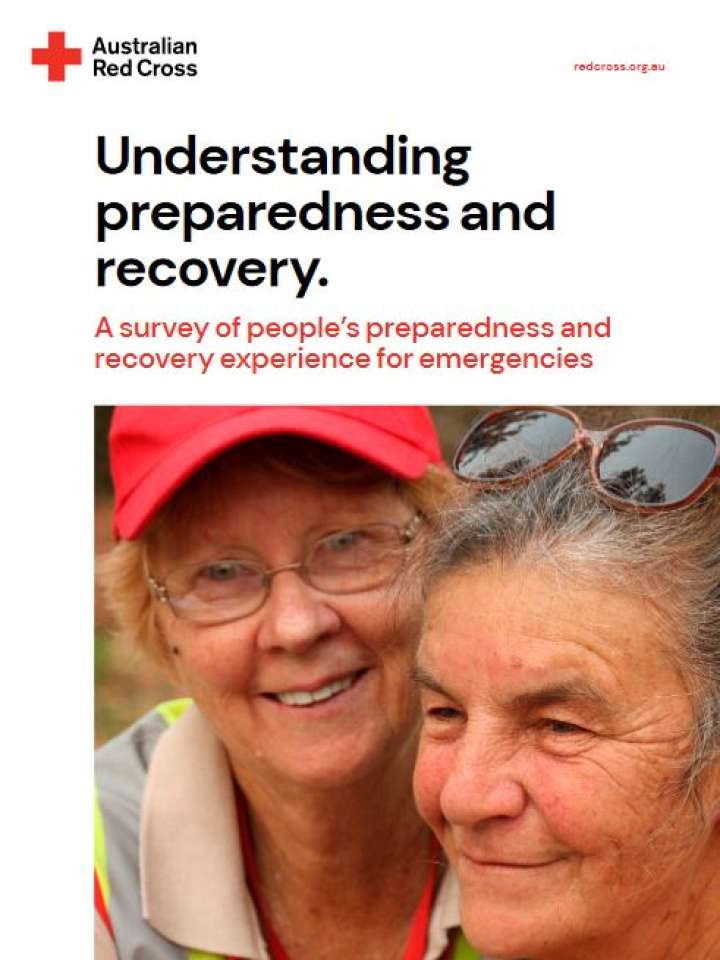Understanding preparedness and recovery: A survey of people's preparedness and recovery experience of emergencies
There is limited peer-reviewed evidence for the efficacy of preparedness programs. This report sets out to better understand people's experience of recovery, and what preparedness steps they had undertaken pre disaster. By trying to link these two, we gain insights into the value of preparedness. The research found that preparedness helped people to remain in control during an emergency, feel comfortable with the decisions they made, experience less stress, and by association, with less stress experienced, they reported a faster recovery. The report also identified four personas relating to preparedness actions; those that undertook the practical actions, those that focused on emotional factors, those that gathered information, and those that did not strongly associate with any action.
The report recommends:
- An increased focus on preparing for the long-term impacts of a disaster in preparedness programs;
- A differentiated approach in preparedness based on people’s profile and what they specifically need support in;
- Ensuring that psychological preparedness focused on experiences during and after a disaster are included in all preparedness programs;
- More research should be undertaken to further investigate which actions support enhanced recovery.
Explore further
